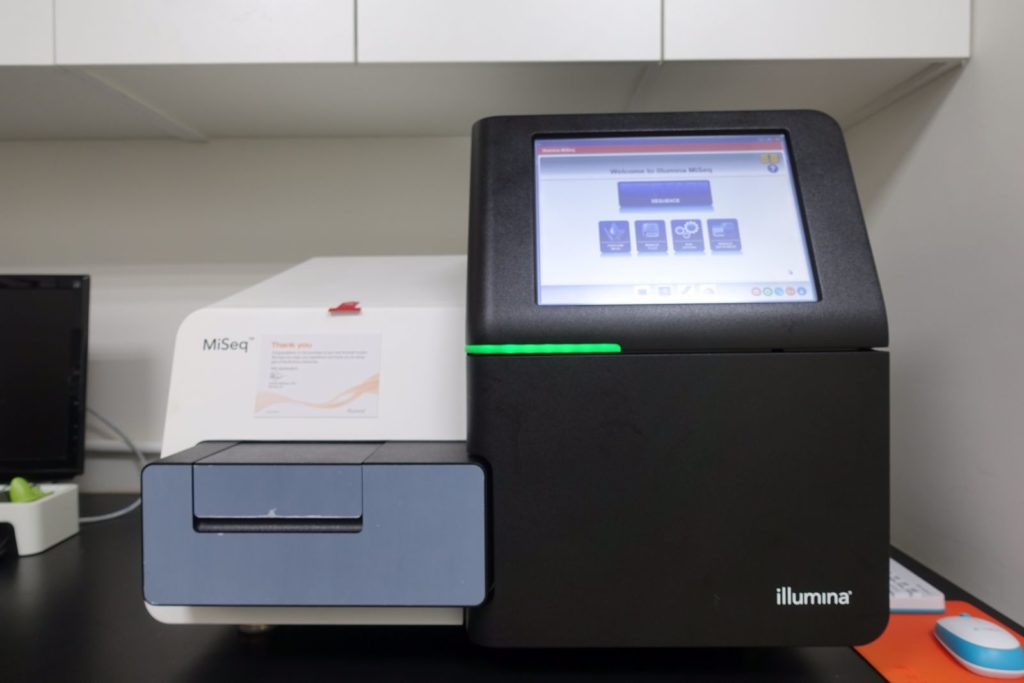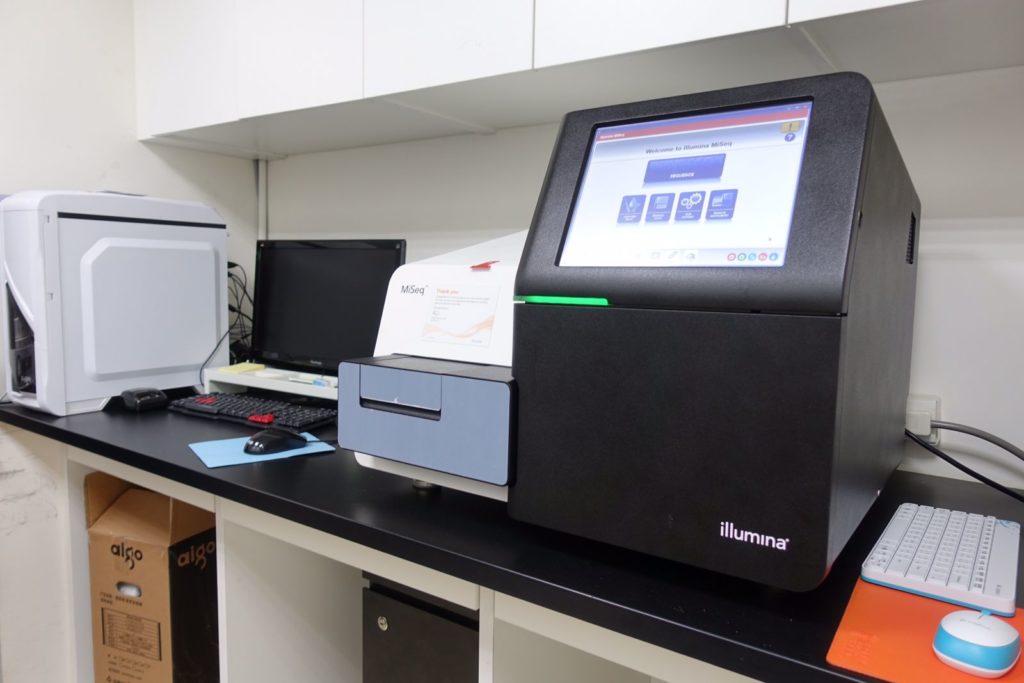PGS/ Preimplantation Genetic Screening


Pre-Implantation Genetic Screening(PGS), is an IVF procedure designed to examine your embryos for chromosomal abnormalities.
They are classified into two types of screening. One type is that inspection of pre-implantation of a fertilized egg is Preimplantation diagnosis either of the husband and wife receives in the case of carriers of the disease hereditary. The other type is that examine the abnormalities that occur by chance there is no cause to couple.
Pre-implantation diagnosis and implantation screening, before the fertilized egg is satisfied pregnancy and implantation in the uterus, it is a medical technology to determine whether there is no abnormality in the chromosomes and genes of the fertilized egg.
Because I find the presence or absence of abnormality in the fertilized egg stage before the pregnancy is established, it should give birth as prenatal diagnosis, or whether to be abortion, the couple will not be forced to choose agonizing. It also does not of course the risk of miscarriage that may occur by the inspection as amniocentesis.
By this medical technology, consider the possibility of chromosomal abnormalities or genetic disease, it is also, than was previously easier to couple that had given up on having a child make a decision of pregnancy.
In bioethics expert committee of the final report, which is an organization of the Council for Science and Technology Policy of the Cabinet Office, as the advantages of pre-implantation diagnosis
●reduction of mother of burden
●parents who might have the children of the genetic disease is not to give up the biological child
●Avoidance of abortion that takes place as a result of prenatal diagnosis of post implantation
Pre-implantation diagnosis and preimplantation screening, and to allow the inspection of at a much earlier stage than amniocentesis, is a technology that has been developed through the efforts of the medical community that trying to reduce a woman’s burden.

 繁體中文
繁體中文 日本語
日本語 한국어
한국어 简体中文
简体中文